Book Review: Woman, Eating by Claire Kohda
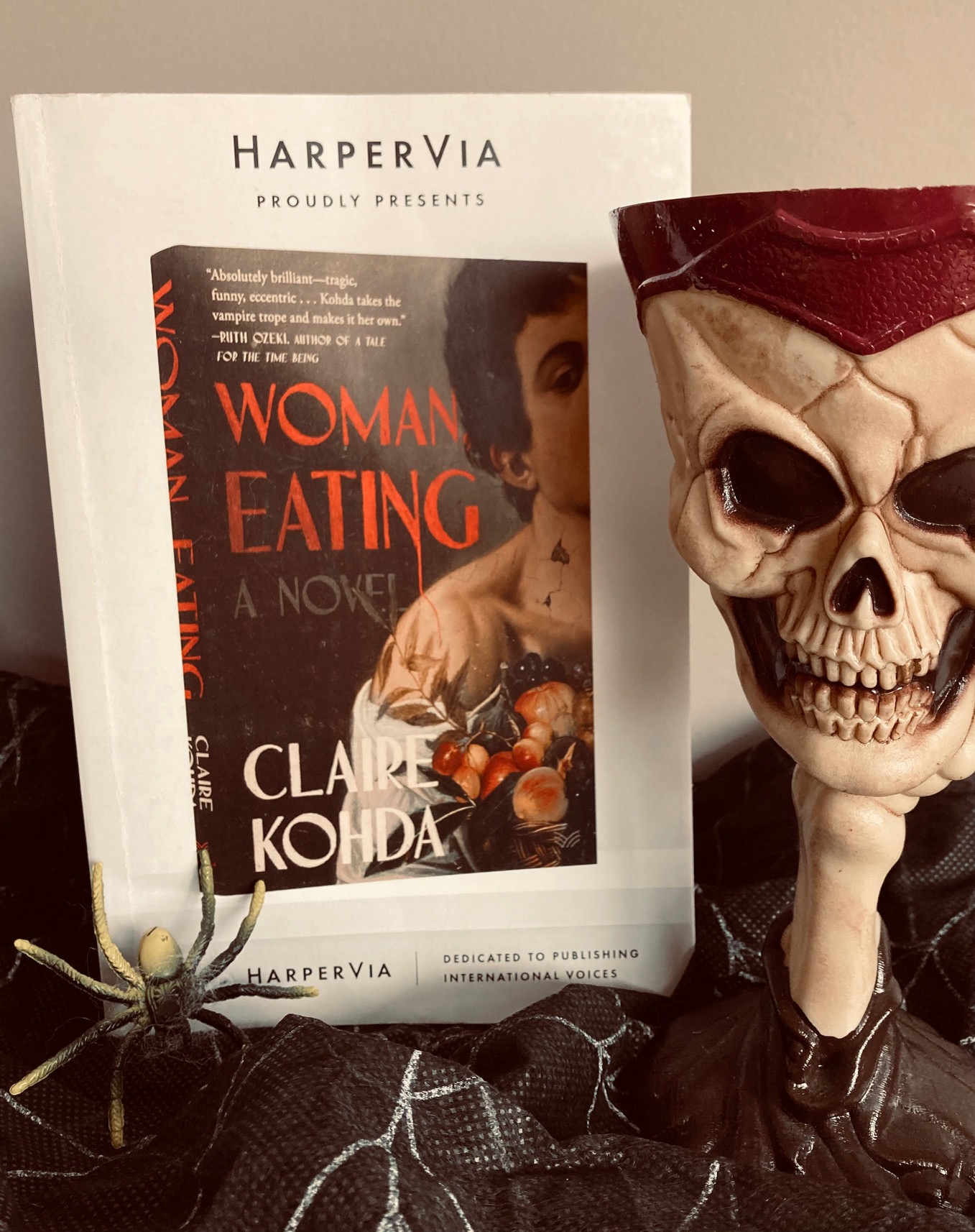
Woman Eating by Claire Kohda explores the life of a vampire through the lens of a millennial and the struggles unique to that generation: someone who is struggling with living on their own, providing for themselves, reconciling who they are, all while dealing with a parent in a care home. Although I wouldn’t call the book humorous, there is something funny about the whole plotline and the lack of action. Better described as a book about a vampire who’s struggling to vampire, I couldn’t help but take it seriously as it felt like the text deserves more consideration than it outwardly appears.
Plot Summary
Lydia is a modern-day vampire. She’s moved her mother into a care home, who is the only other person in the world who knows she is a vampire. Having ‘turned’ her daughter as a baby, her mother warned her of never telling anyone her secret, and they hid themselves from scrutiny by never consuming human food around other people and generally isolating themselves as much as possible. They slathered on sunscreen when outside, and drank pig’s blood procured from the local butcher to keep themselves alive, but now that Lydia is on her own and that butcher shop is closed, she can’t find anything suitable to satiate herself. In addition to the gnawing hunger, she’s struggling to make money. She’s an unpaid intern at a local art collective, living in a studio space she’s not technically allowed to sleep in, befriending a few other artists by accident, jealous of the human intimacies they share doesn’t understand herself. She’s ordered some dried pig’s blood online to keep herself from starving but it’s not keeping her fed properly, and with all these humans around she’s finding it difficult to not stare at the veins throbbing in their necks.
My Thoughts
Lydia is an incredibly annoying character – she’s lazy, spending hours on the internet watching YouTube videos, and it’s never really explained to the reader why she’s unable to work and make her own money. At one point, she laments how poor she is compared to vampires in movies and literature, wondering they are always so rich, and she’s not. It’s obvious to everyone but her why she’s struggling, but I wanted to give her the benefit of the doubt in assuming it was her lack of blood and proper vampire diet that made her so listless. She also suffers from general anxiety, not wanting to leave her studio apartment, content to just stay inside where she can avoid human interaction and simply think about stuff. We see straight into this woman’s psyche, where she feels like she’s admitting dark and disturbing things, but in reality she’s not. This particular vampire is of no danger to humans, because it would require her getting off her apartment floor to do anything, which she seems unwilling to do.

Furthering the millennial trope is the fact that Lydia’s listlessness can be attributed to her mother, who withheld affection, and constantly reminded her of how evil and dirty they were. Her mother turned her into a vampire when Lydia was a newborn because she wasn’t being nourished by human milk or formula, so this was a way of ‘saving’ her. But Lydia’s mother resented the fact that she was a vampire herself, and hated their need for blood, which is why they never hunted humans, and forced themselves to drink pig’s blood (what she considered a dirty animal) and nothing else. Lydia hid her diet from others by not eating in school, and sipping blood through a kid’s sippy cup with a special straw that disguised what she was drinking. Although Lydia doesn’t come out and blame her mother directly, it’s clear that her lack of skills (both human and vampiric) can be traced back to a childhood of quiet unhappiness and shame.
Despite the lack of action in this book, when Lydia finally does something, it’s described in very visceral terms. Her body is something that she’s unable to really sustain, but she appears to be a normal young woman to everyone else, so her body is treated as such. She is grabbed at and leered at by various men in the few times she goes into public, and her reactions to this are very similar to a human’s; she remarks how odd it is that she feels ashamed after these instances, even though she’s done nothing wrong. Other than her eating habits, Lydia is more human than vampire, which makes this book thought-provoking, but also frustrating for those looking for a Halloween-ish read – Dracula this is not!
I’m struggling with my opinion on this book, or perhaps I’m simply over-analyzing it because I don’t know what the author was intending with this text. It’s not an unpleasant read; the writing is actually quite lovely, but like Lydia, I wandered aimlessly through the text hoping for a clear path forward that I never really got.

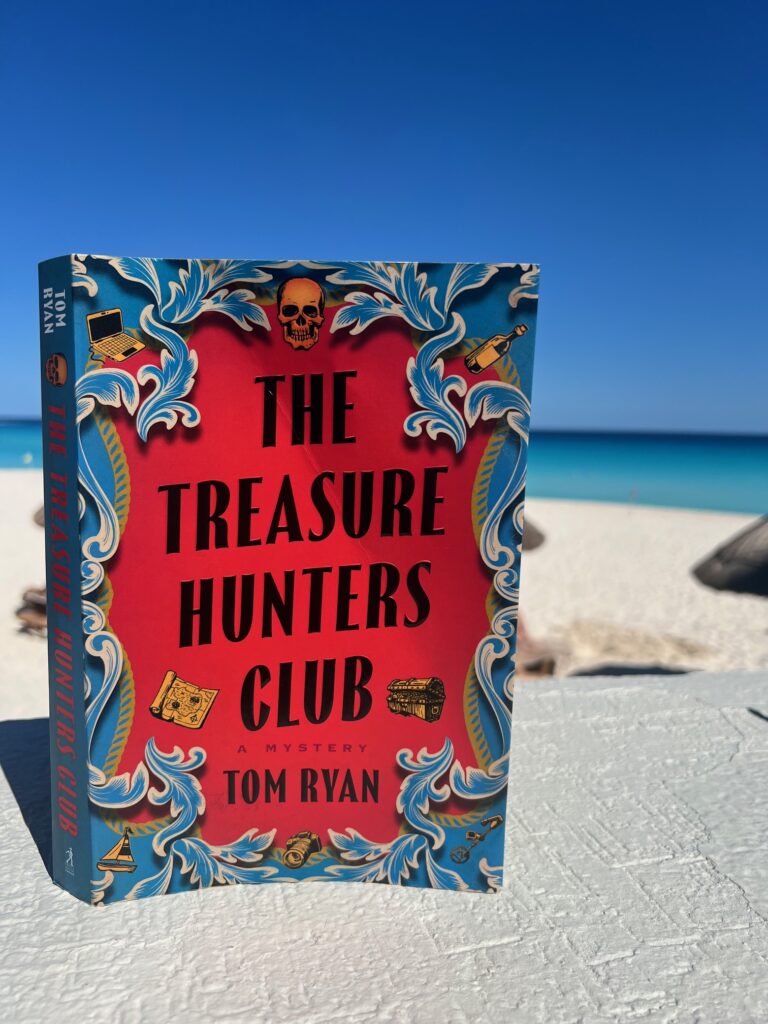
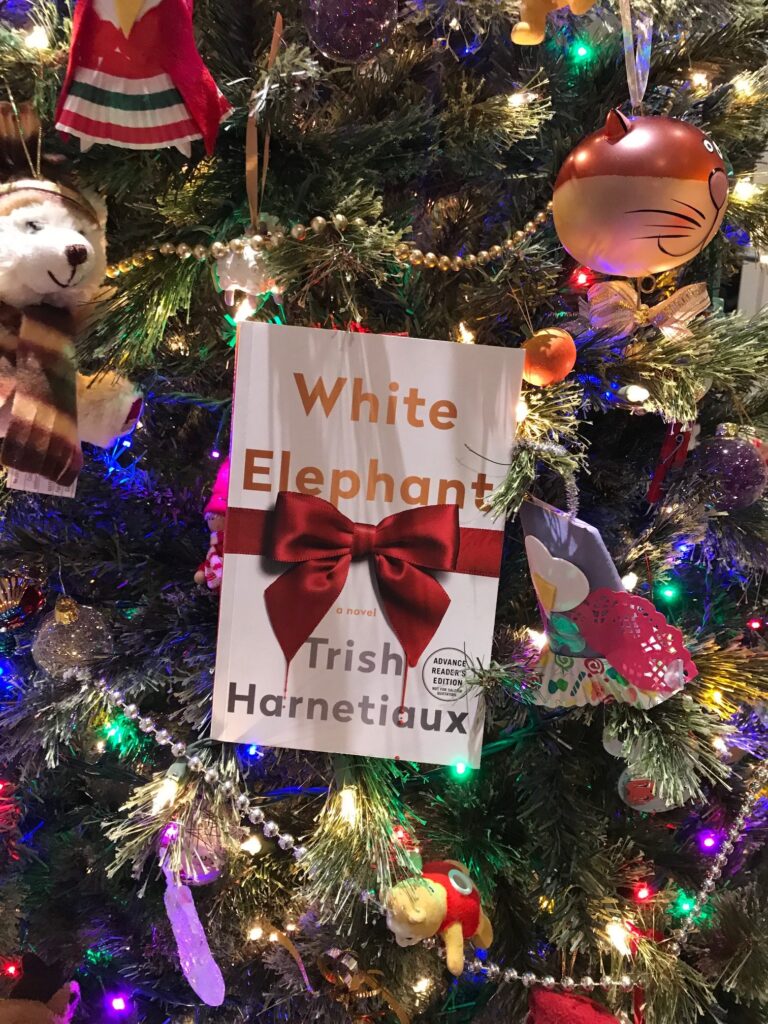
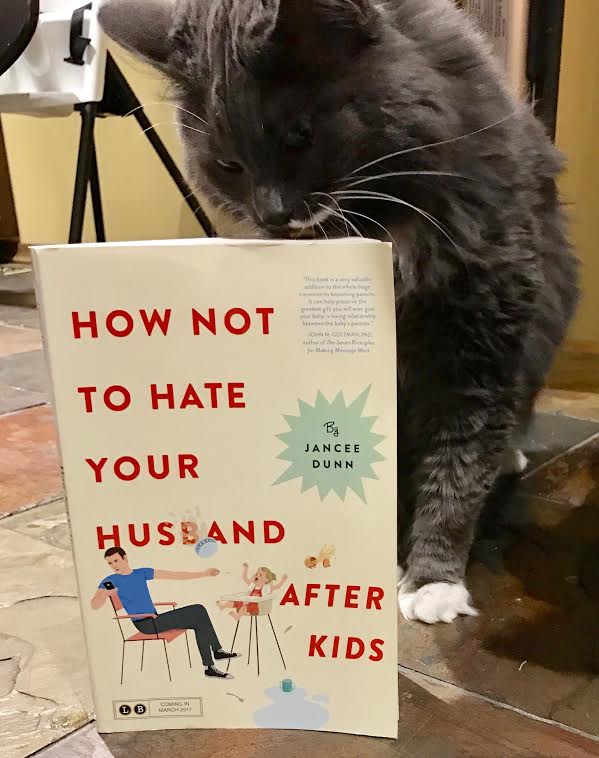
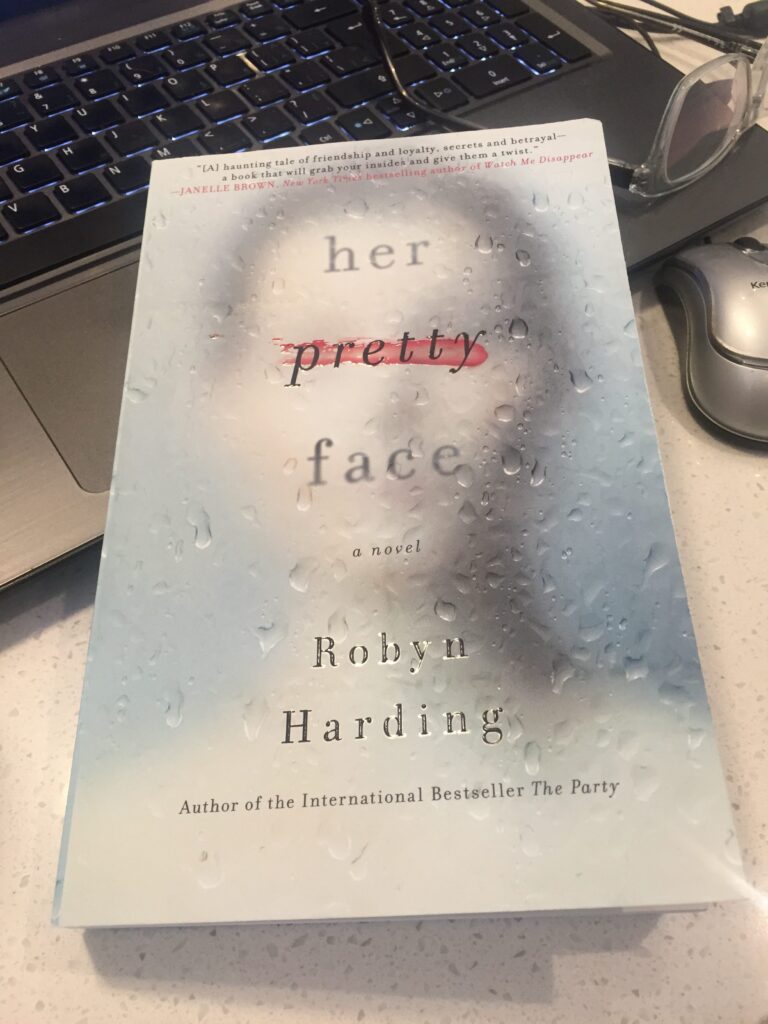
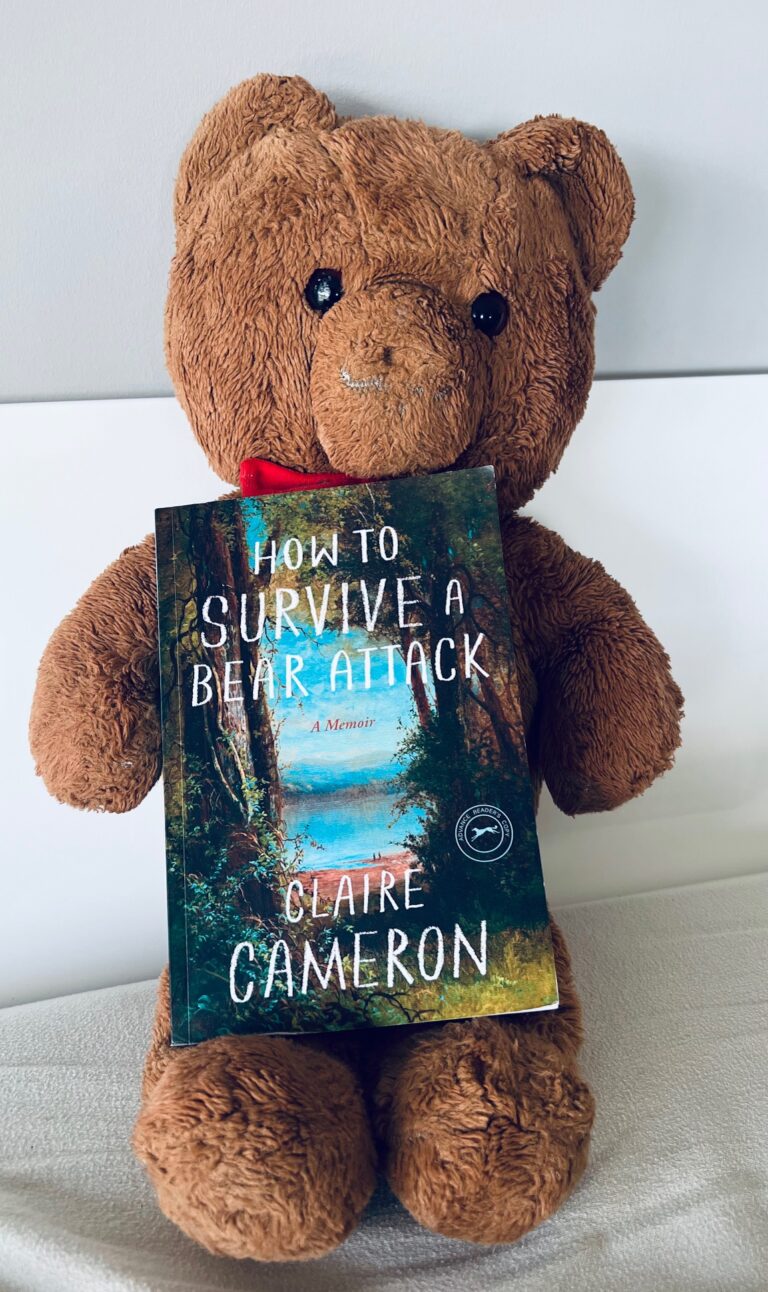
This sounds… odd, potentially thought provoking, and like a book I’d hate, lol.
Yup, it was definitely odd LOL
Hmm, pity it didn’t quite work since it’s an interesting idea, She could have lived on black pudding if she lived over here – it’s basically blood and spices. Delicious, but the idea is so yucky I can only bring myself to eat it very occasionally!
Oh my husband loves black pudding, but I couldn’t try it when we were over there, just the thought made me feel yucky
Interesting…I’ve seen this one around but haven’t heard much. I get annoyed by characters who refuse to care for themselves at all so this probably isn’t for me. And I’m not a vampire expert but I thought vampires stayed the age they were when they were turned? So wouldn’t she have ended up staying as an immortal newborn?
TOUCHE.
Yes you’re right, that is generally the ‘way’ it goes with vampires according to other books, but clearly all is not as normal in this vampire tale LOL
I mean, you can really make up your own rules when it comes to fictional, magical creatures!
very true ahah
Back in the early days when I was teaching, circa 2007, we talked A LOT about helicopter parents, which I had never heard of at the time. Despite my students and I both being Millennials back then (I was 22 when I started teaching), it seemed like something was shifting with these helicopter parents. Anyway, I’m wondering if this author is trying to say something about a helpless, lazy vampire who can’t “adult” being something like a child who is the product of helicopter parents.
Also, when I read, “She’s an unpaid intern at a local art collective…” I said out loud, “Of course she is.”
I know right? Her life just seemed so typical…like the justification for every boomer to point to our generation and call us lazy LOL. Like, this woman couldn’t even feed herself!!!! I’m sure it was some comment on starving herself as a female body etc. but I just didn’t have the patience to search for that meaning